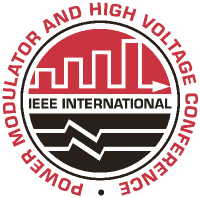Speaker
Mr
William Leighty
(The Leighty Foundation)
Description
The answer to Humanity's energy emergency is beneath our feet: ubiquitous, abundant, baseload geothermal heat -is - if only we could afford to bore deep enough to reach it, anywhere on Earth. The average geothermal gradient, anywhere on Earth, is about 30 C per km depth. At 9 km, at almost 300 C, with enough contact area, abundant energy may be extracted, forever, if the borehole system is managed well. Brought to the surface by water or other working fluid, in a closed system, electricity generation via steam Rankine or Organic Rankine Cycle (ORC) generators plus district heating and / or cooling continuously available. Affordable access to deep geothermal heat eliminates the prospecting risk of finding geothermal fluids and / or "hot spots" in Earth's shallow crust.
Since 2005 a collaboration among Norwegian University of Science and Technology (NTNU, Trondheim, NO), Technical University of Tomsk (RU) and SwissGeoPower (CH) has been investigating Electro Pulse Boring (EPB), a novel rock-breaking process using very high voltage, high power, short pulses of electricity, (500-700 kV, 10 ns, 10 pps; average power ~ 25 kW) applied to an electrode array on the borehead. Sedimentary or crystalline basement rock is fractured to chips, which are removed to the surface with conventional mud-driven "hose return". The Down Hole Pulse Generator must be situated directly above the borehead, suspended from the surface via a power and controls umbilical, and must survive 300 C and the pressure at 9 km depth. This is a pulsed-power challenge that must be met before deep boring testing may proceed and succeed.
Primary author
Mr
William Leighty
(The Leighty Foundation)
